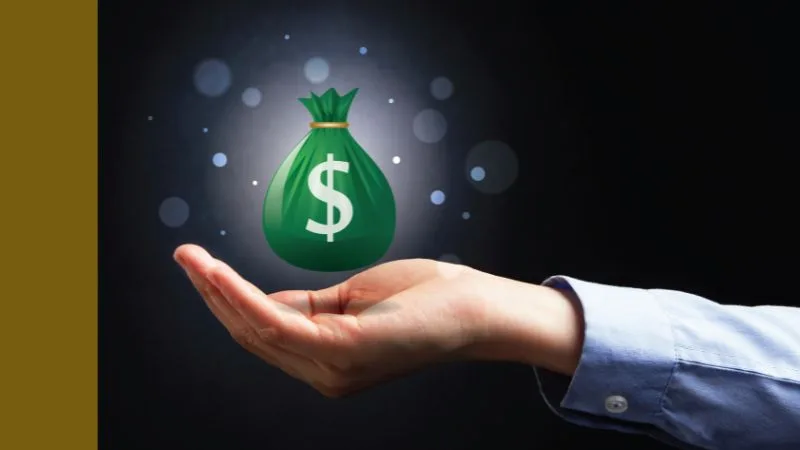Ask just about anyone (especially those who know very little about shares) and I’d bet they will say something to the affect of, “investing in shares is like gambling.”
To get to that belief I’d be willing to bet it’s likely they have had one bad experience, felt the pain of financial loss and left it at that. They came to the stock market, “took a punt” (probably based on something they read in a forum), and got burned.
Why investing is not gambling
Gambling is not investing.
Investing is about owning shares of profitable businesses for 5, 10 or 20 years. You wouldn’t buy 10% of your local bakery business then expect to sell your investment for a 10% profit in two weeks, would you?
Well, that’s what some people, called traders, try to do in the share market. And that is exactly what gives people the wrong impression of what shares actually represent. That, and the media, which feature negative stories more prominently.
I hate it when people compare investing (a genuinely positive financial decision for our futures) to gambling because it turns millions of Aussies away from the stock market.
Currently, around 1 million Australians own investments outside of Super and property. Pretty good, right?
Inversion: that means 25 million Aussies don’t own shares or ETFs (including kids)!
Even supposedly smart investors make the connection to gambling because… investing has numbers… check… it has emotion (hope, greed, fear)… check, and, like gambling, it involves money… ding-ding-ding!
Yeah, nah.
Again, I’ll limit my opinion to say that some investors do make money ‘trading’ stocks, just like some punters do make money — like poker players — betting on the ponies. And of course, there are some similarities between investing and gambling (see above).
However, the association between gambling and investing is tenuous at best, extremely hazardous at worst.
Firstly, you won’t see ads of highly speculative investments forced in front of your kids when they’re watching their favourite sports heroes on the TV. That’s one difference.
Secondly — this one is most important — when you invest in something, you own something.
When you invest in, for example, a share of McDonald’s Corporation or Telstra (ASX: TLS), you might only see a share price bouncing up and down on your computer screen (like the odds at the TAB) but legally you own part of that business. It might only be 1/759,440,000th of McDonald’s, but it’s something.
What this means is pretty simple…
Investing is more like part-owning a pedigree racehorse than it is betting on its performance at the track.
In my experience, most people who liken shares to gambling have failed to understand the differences between actual business risk and the random gyrations driven by Mr Market. This is called volatility, and you shouldn’t confuse it with actual risk of a business failing. Many investors fail to remember that shares are just part ownership of a business.
The bottom line is this: keep your investing as simple as it should be but no simpler. Investing means owning part of a business. Investing is open to both genders and, when done right, it’s not gambling.
If, like me, you’re keen to understand how investing really works and you can imagine yourself being financially independent and in control of your finances, you should click here to take a course on Rask Education today.










